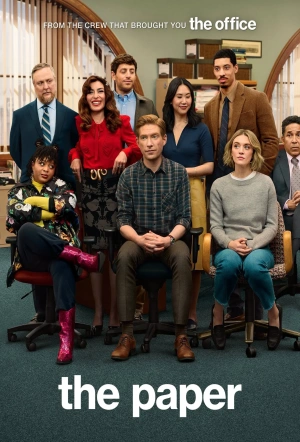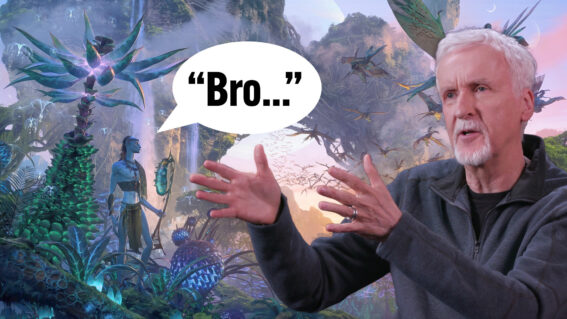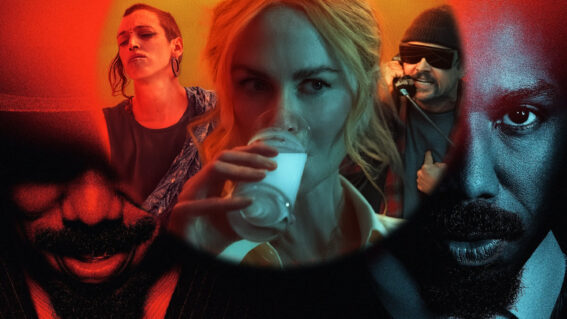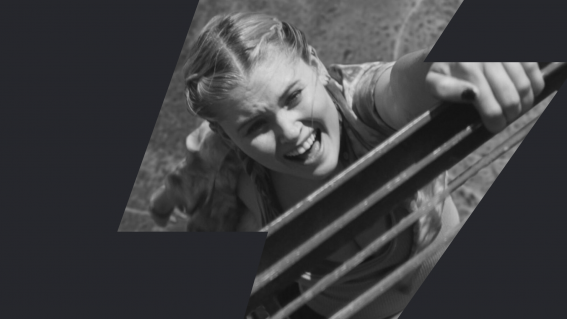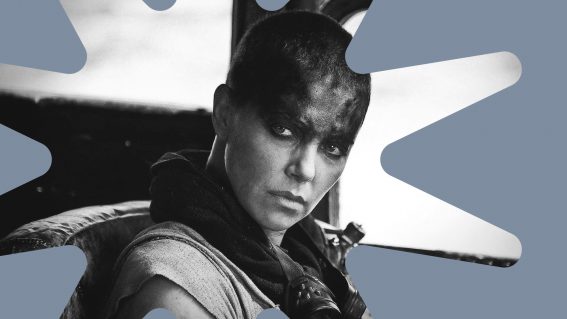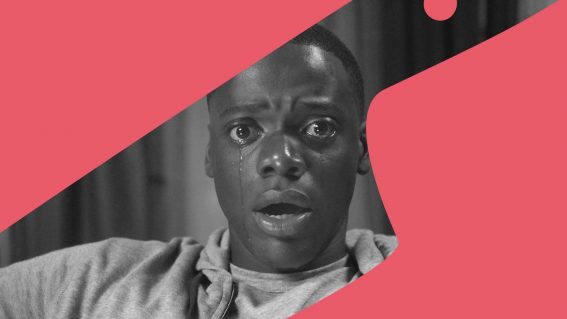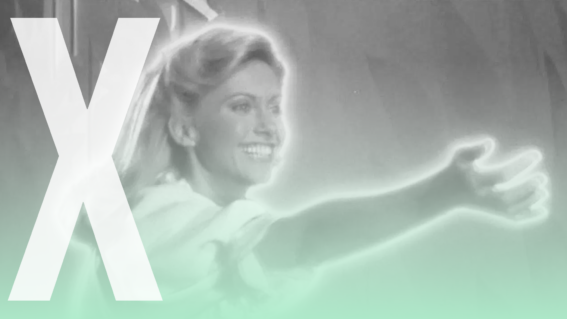The Paper’s first season might be as good as The Office
How can the creators of The Office possibly follow up on one of the most rewatched sitcoms ever? Clarisse Loughrey reckons the answer might just be The Paper.
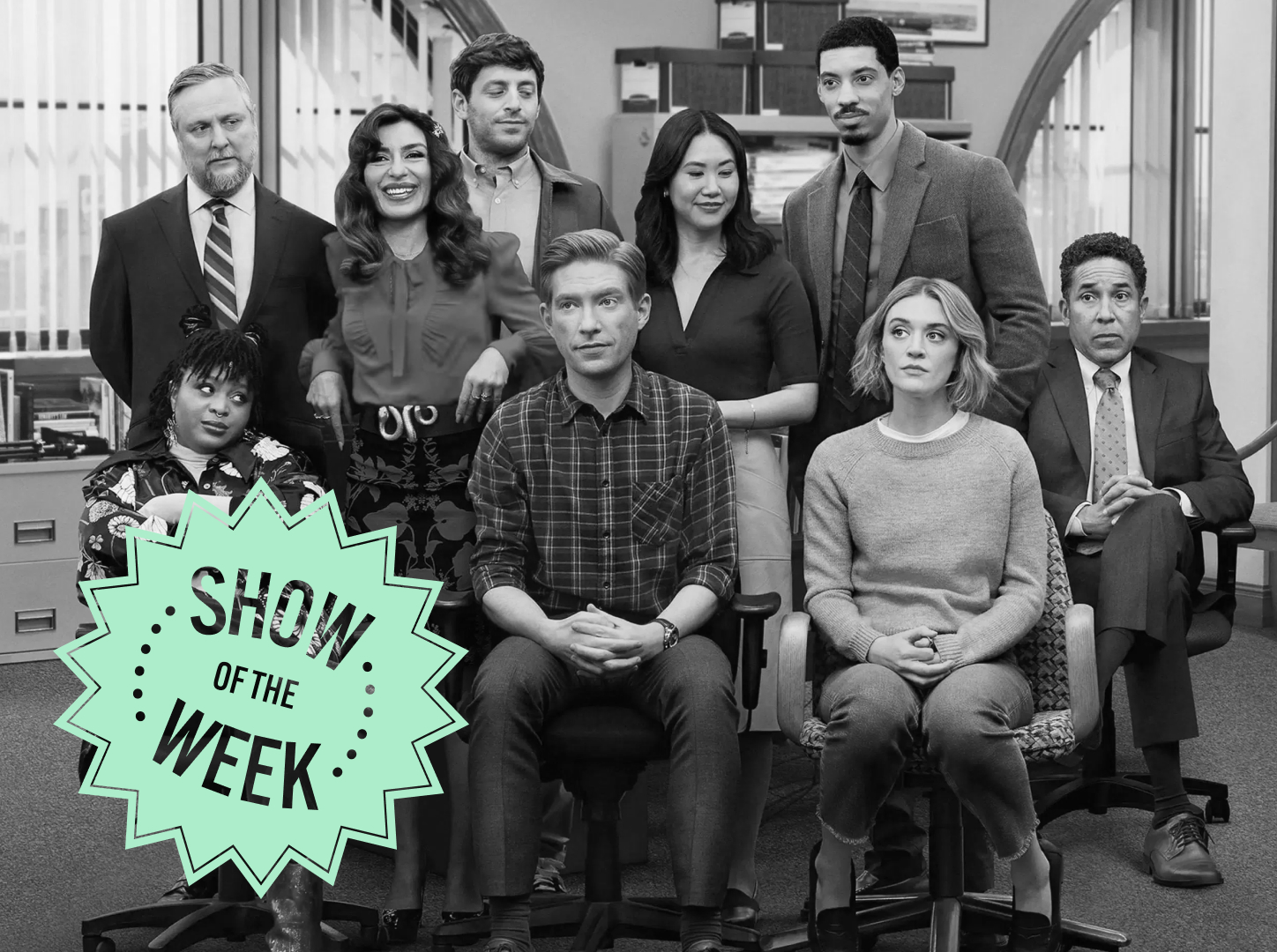
Comparison will be the death of The Paper. Its creators, Greg Daniels and Michael Koman, have already run laps around the media trying to avoid the labels “reboot” or “spinoff” when it comes to the show’s relationship to Daniels’s The Office, i.e. the most-streamed show in America. The best they’ve been able to come up with is “a new documentary from the same crew”.
While Daniels obviously borrowed said mockumentary format from Ricky Gervais’s UK-based The Office, he swiftly redeployed it in his highly successful (though not quite as successful) follow-up sitcom Parks and Recreation, which was itself conceived as a spin-off, before evolving more simply into The Office’s goofier, sweeter younger sister.
But The Paper is less – shall we say – culturally untarnished than Parks and Recreation ever was. It was created in direct response to The Office’s unconquerable status as one of the most (if not the most) consistently rewatched shows ever made, particularly over the COVID-19 lockdowns. It’s also explicitly set in the same universe and features the crossover character of Oscar Martinez (Oscar Nuñez).
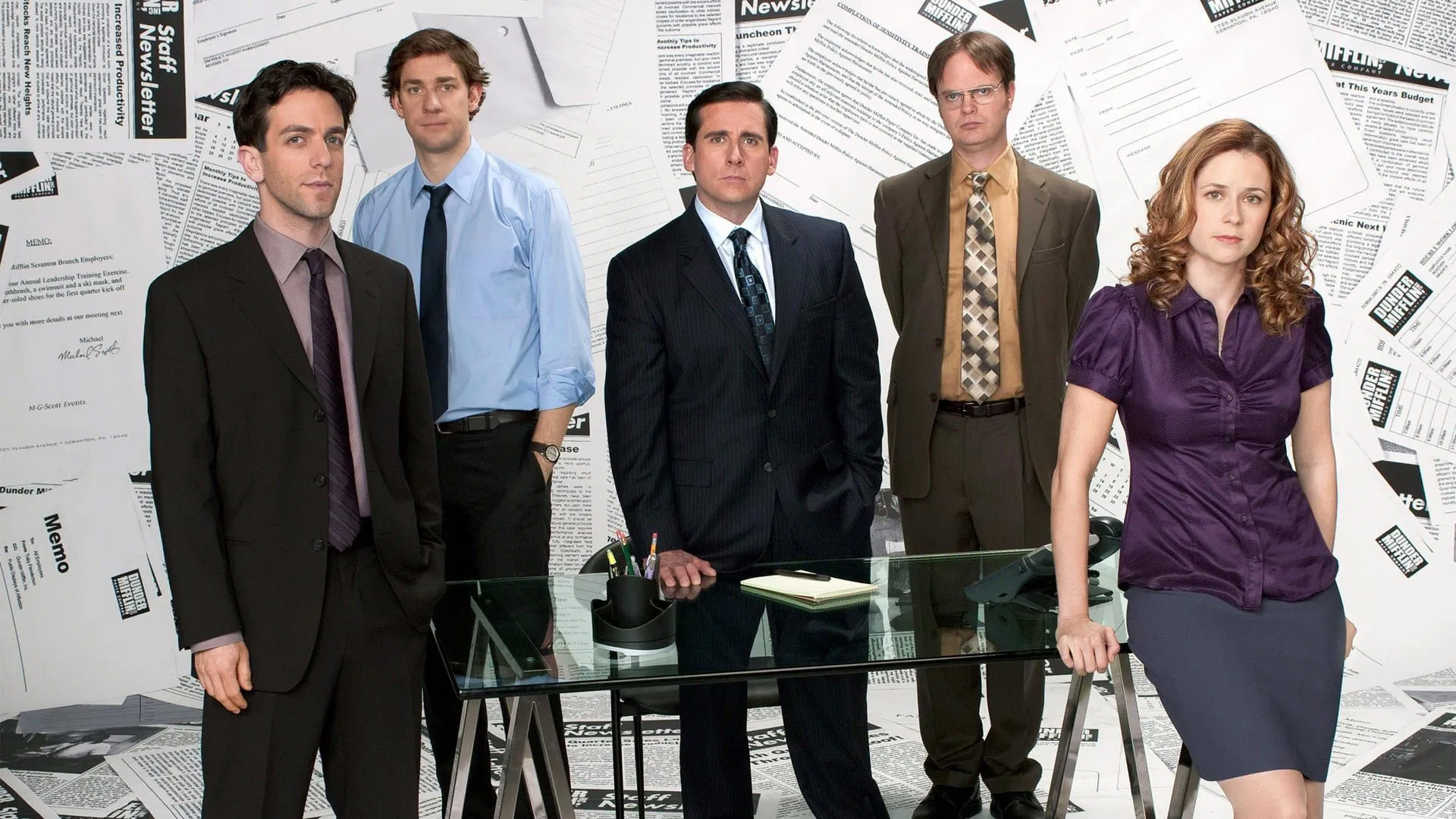
The Office
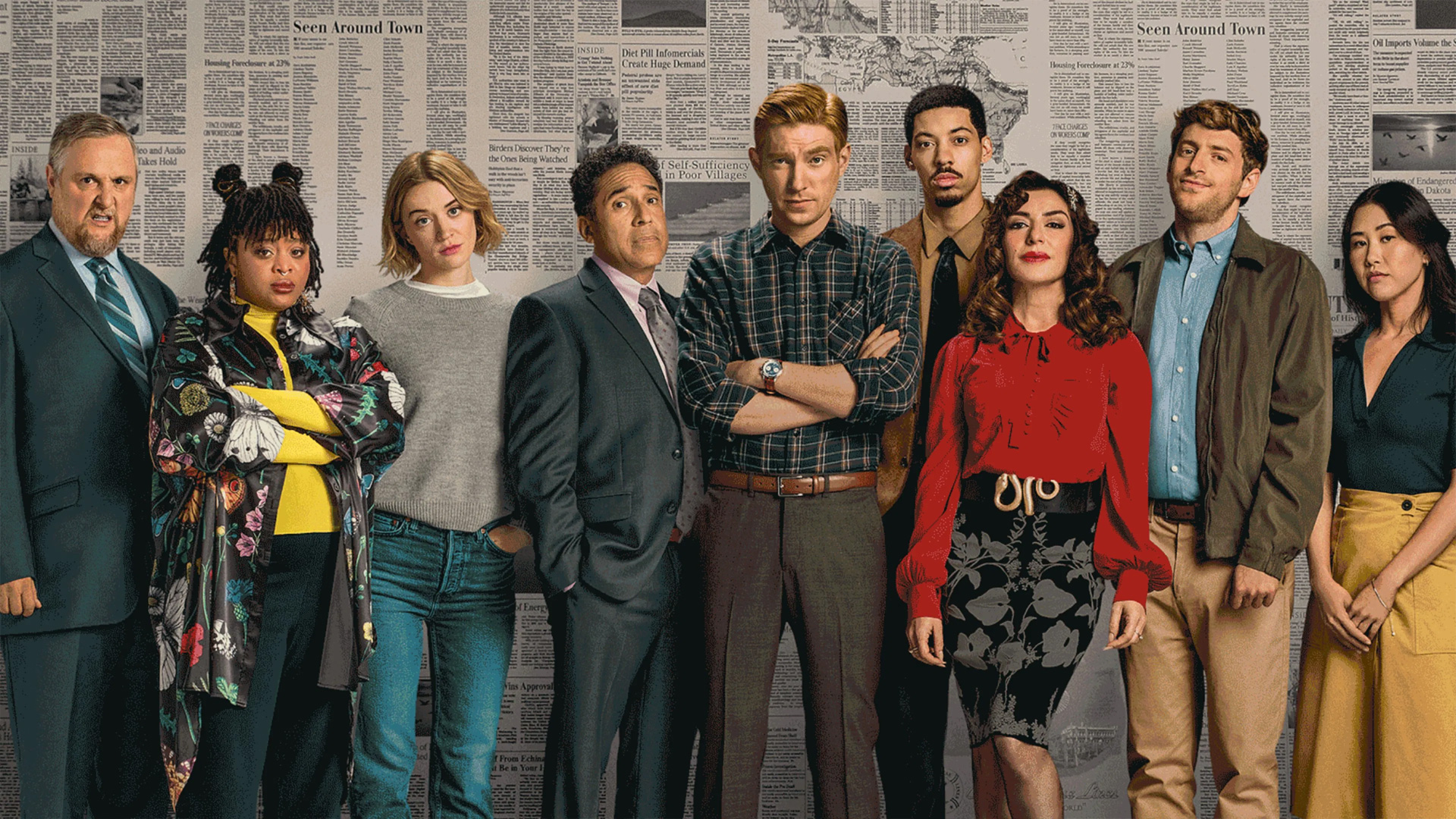
The Paper
All of this is important because when I say that The Paper’s first season seems just about as good as The Office ever was, I need that information to be received by people who understand we’re comparing ten episodes of a brand new sitcom with new characters and new actors, with 201 episodes of a sitcom audiences have etched into their brains. It’s like comparing your childhood best friend to a stranger you’ve just met.
Daniels and his new co-creator Koman (also behind Nathan for You), have offered more of the same, without even the small tonal shift of Parks and Recreation. Instead of office supplies, we’re dealing with a local newspaper, which creates space for a very different kind of boss: not the narcissistic dope with delusions of leadership like Michael Scott (Steve Carell), but a nepo baby, idealistic editor-in-chief Ned Sampson (Domhnall Gleeson). That adds a little more room for commentary, too, since Ned is having romantic delusions about one of our most endangered job fields, where the eternal battle between profit and personal integrity is most apparent.
Ned has zero experience. He’d previously worked as a toilet paper salesman by the grace of his father and sold so many rolls he got his pick of the corporation’s subsidiaries. He chose the Toledo Truthteller, based in Ohio, because he sincerely believes that strip-mined institution – with its skeleton staff doing little more than copying over Associated Press stories and writing meandering clickbait articles about how much Ben Affleck tipped his limo driver – can be returned to its heyday, where they occupied the entire building and employed 1,000 people.
Gleeson’s a strong pick for a new Carell. He’s not overwhelmingly associated with comedy, but has always excelled at it, especially when he pulls out, as he does here, that kind of Kermit the Frog energy – all gangly, well-meaning panic. There’s a great little moment where Ned is phoning the morgue in search of a lead, only to be told no bodies came in that day. “…. can you check in the back?” He squeaks in response.
He’s the biggest pull in what is otherwise a shuffled but pleasant stack of old archetypes. Tim Key’s Ken Davies, the local manager for toilet roll company Softies, the Truthteller’s neighbour on the office floor, is fairly close to Gervais’s sneering kiss-ass David Brent; Chelsea Frei’s Mare Pritti is the obvious audience stand-in, and the one trained journalist on staff.
There’s the eccentric old Creed-type (Duane R. Shepard Sr.), the cute but prickly Erin-type (Ramona Young’s Nicole), the hapless, conformist Andy-type (Melvin Gregg’s Detrick), and the responsibility-averse Kelly-type (Gbemisola Ikumelo’s Adelola). While the glamorous and vain Esmerelda (Sabrina Impacciatore) is hardly Dwight Schrute, she shares in his conniving power plays. The general arc of the series will feel familiar, too, as will many of the joke structures, including the cold open and the confessionals, where a character might claim one thing, awkwardly pause, then let their facial expressions accidentally reveal the truth.
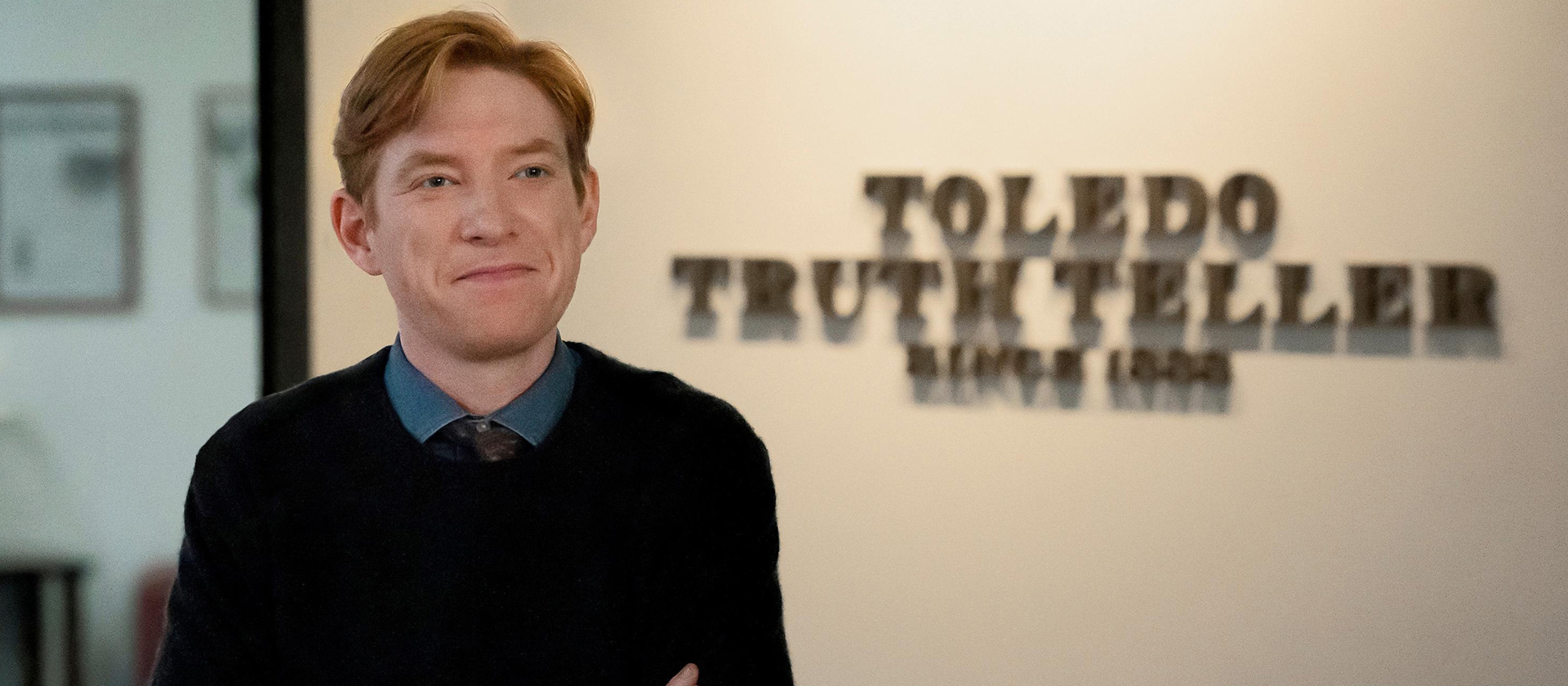
But repetition is a pointless criticism to level at a show that’s branched off of something people now rewatch on an endless loop. The Paper was built to eventually be absorbed into that cycle. It’s hot-water bottle television, something warm and reliable to return to at times of sickness or sadness.
Oscar, as it turns out, is the least interesting aspect of The Paper, probably because The Office rightfully ended when it did, when there was nowhere else to take those characters. But, here, with the new crew at The Paper, there’s nothing but open road ahead of them.





